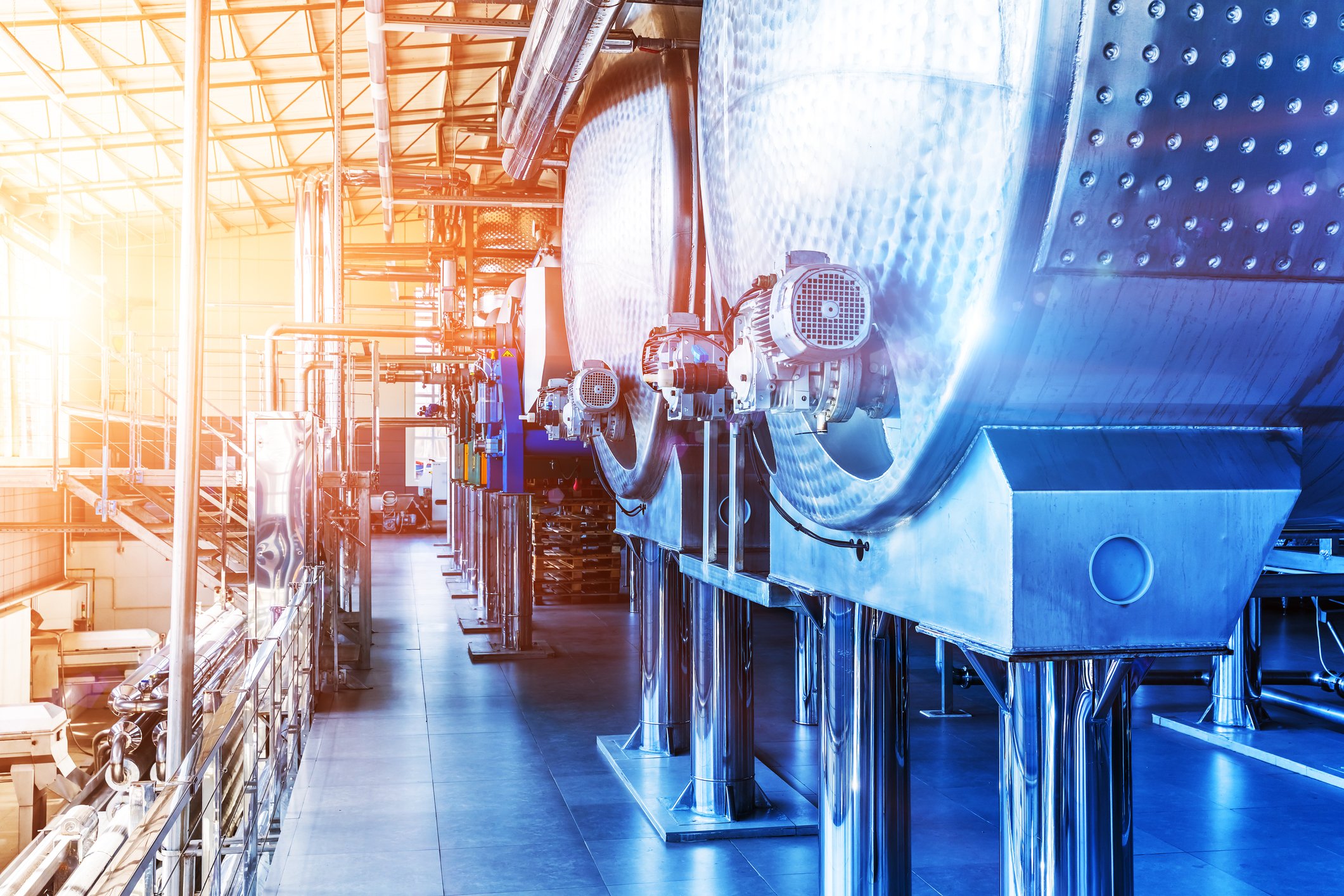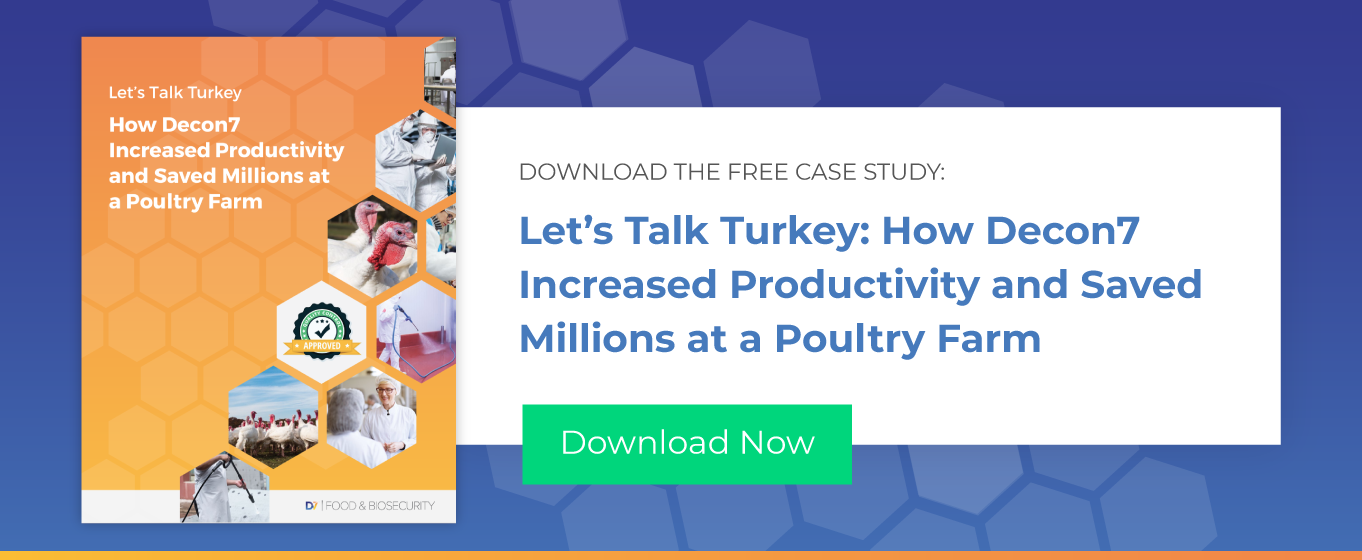
The USDA Food Safety and Inspection Service and the FDA may be the regulatory agencies responsible for ensuring a safe food supply, but it ultimately comes down to the practices of individual companies. Having systems in place for daily sanitation, using products that effectively remove biofilms, and training personnel on safe food handling and sanitation practices are all important steps.
This is a lot to manage, and not every company has the capacity to address every aspect of food safety and inspection on their own. This is why many companies bring in outside experts to help. This might include third-party inspection labs, consultants who develop SOPs, outside training programs, and more. When it comes to applying a daily sanitizer or mitigating an outbreak, Decon7 is also here to help you learn how to apply D7, create a sanitation plan, and demonstrate best practices for maintaining a sanitary food processing environment.
What to Expect from an Onsite Consultation
No matter how effective a sanitizing product is, if it’s not applied properly, it won’t be able to do its job. Whether it’s addressing an outbreak or trying to prevent one, every facility has unique challenges, so the same sanitizing products and protocols do not always work for every situation.
Because of this, with every new client who decides to incorporate D7 into your sanitation strategy, we make an initial site visit to determine your specific needs and create a customized treatment plan. This site visit, which is free of charge, is also an opportunity for us to help you solve the sanitation challenges you have been facing in your facility. During each site visit, we will evaluate the following factors that affect plant sanitation.
1. Facility Surfaces
Different types of surfaces and their locations might require different treatment approaches. We will take note of:
- Work areas, walls, and ceilings
- Access to each area
- Vertical, overhead, and curved surfaces
- Types of materials
2. Equipment and Machinery
The same is true of the various equipment used in a food processing environment; not all of it can be treated in the same manner. During the site visit, we will note:
- Mobile and stationary equipment
- Assembly and disassembly
- Types of materials
3. Hidden and Difficult-to-Reach Areas
These are some of the most common locations for bacteria and biofilms to thrive because they are not easily seen or accessed. We will hunt for these hot spots by locating:
- Drains
- Areas between and behind equipment
- Overhead pipes and ductwork
4. Personnel Movements
Individual behavior plays a major role in plant sanitation and cannot be ignored when assessing a site. We will identify:
- Boot wash stations
- High-traffic areas
- Transitions between zones
5. Sanitation Protocols
It’s important to understand your current processes so we can help determine what needs to change. We will review:
- Daily, weekly, and monthly sanitation
- Processes for ensuring protocols were completed
6. Testing
Because bacteria and biofilms cannot be seen by the naked eye, testing is a critical component of maintaining a sanitary environment. We will analyze:
- Frequency of bacteria testing
- Type of testing
- Past results
- Current results
7. Training Programs
The human element is just as important as the sanitizing chemicals you use. We will evaluate:
- Systems in place for training new employees
- Reinforcement programs to help employees retain information
- Continual learning programs
- Reward systems for good results
Based on this evaluation, we will help you determine the best path forward. Our team stays onsite for the first treatment and works closely with your team to demonstrate proper application of D7. We are available to answer all of your questions, and we don’t leave until you are confident that your team is prepared to do it on their own. After we leave, we will continue to monitor your progress, re-treat areas as needed, and help you maintain a preventive approach.
Become a Decon7 Partner
Food safety and inspection protocols are important components of any risk-based preventive controls. The more you can do to prevent microbial contamination in your facility, the better your test results will be and the better your brand will be protected. Whether you are dealing with a microbial issue or want to make sure that no new problems arise, Decon7 is here to help. It starts with a site visit, but it doesn’t end there. We’re more than just a product supplier; we’re a trusted partner. Contact us today to schedule a consultation.


